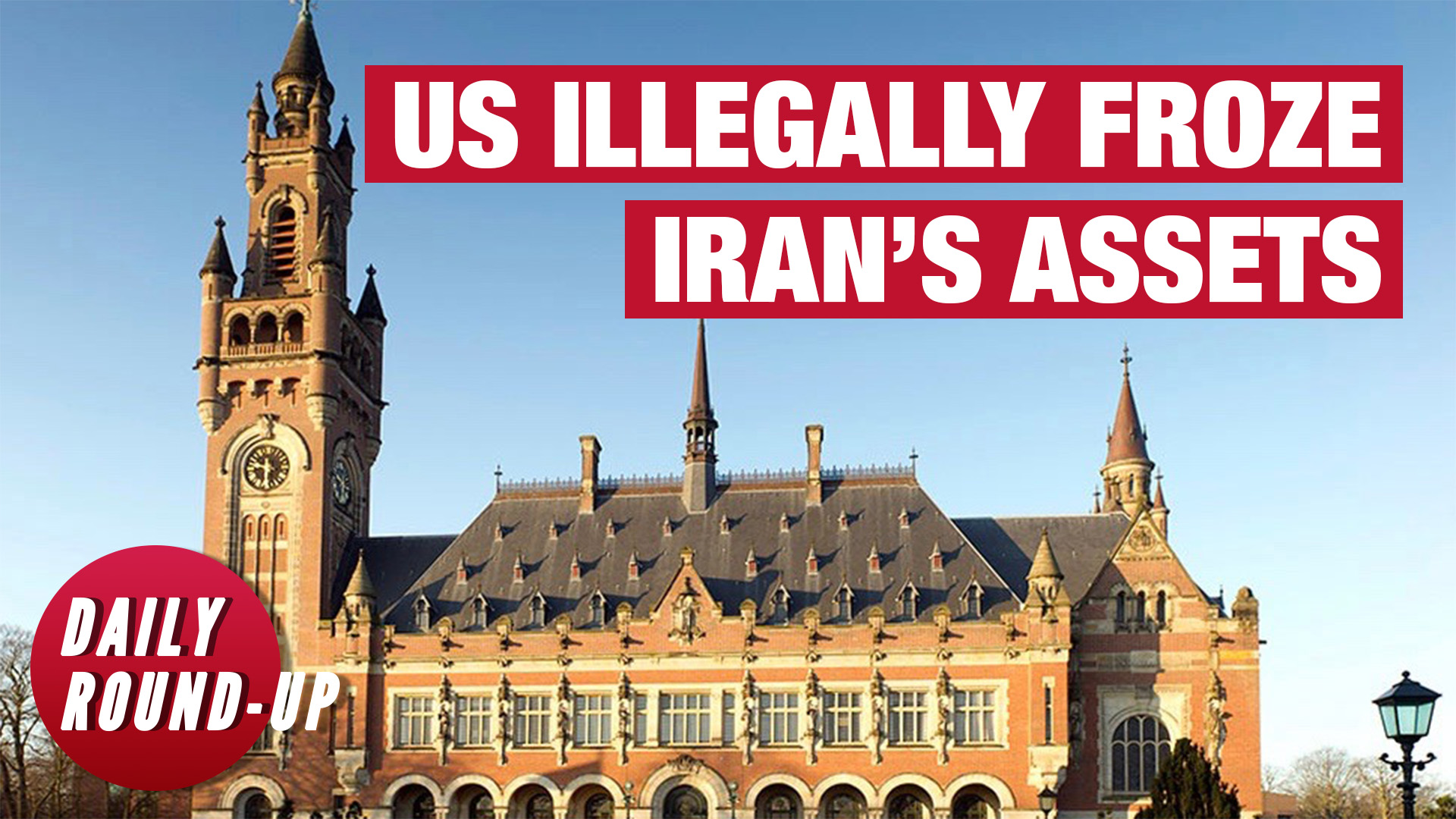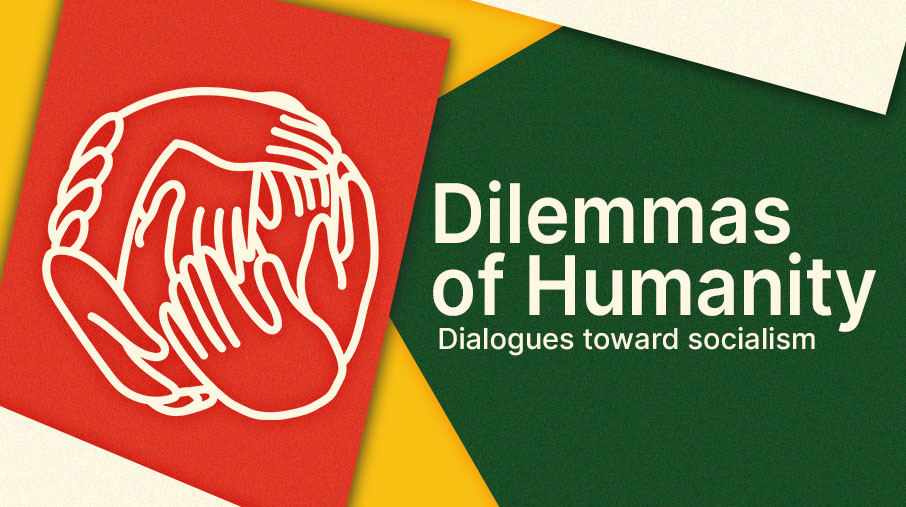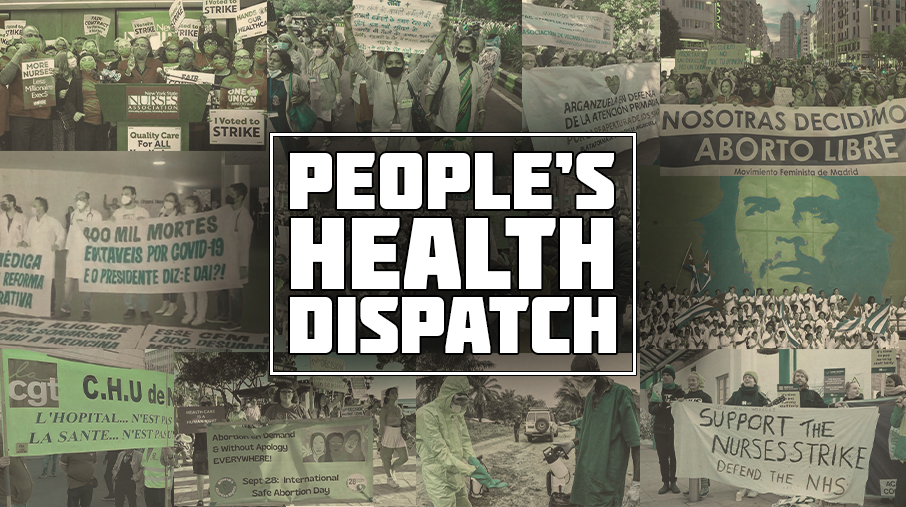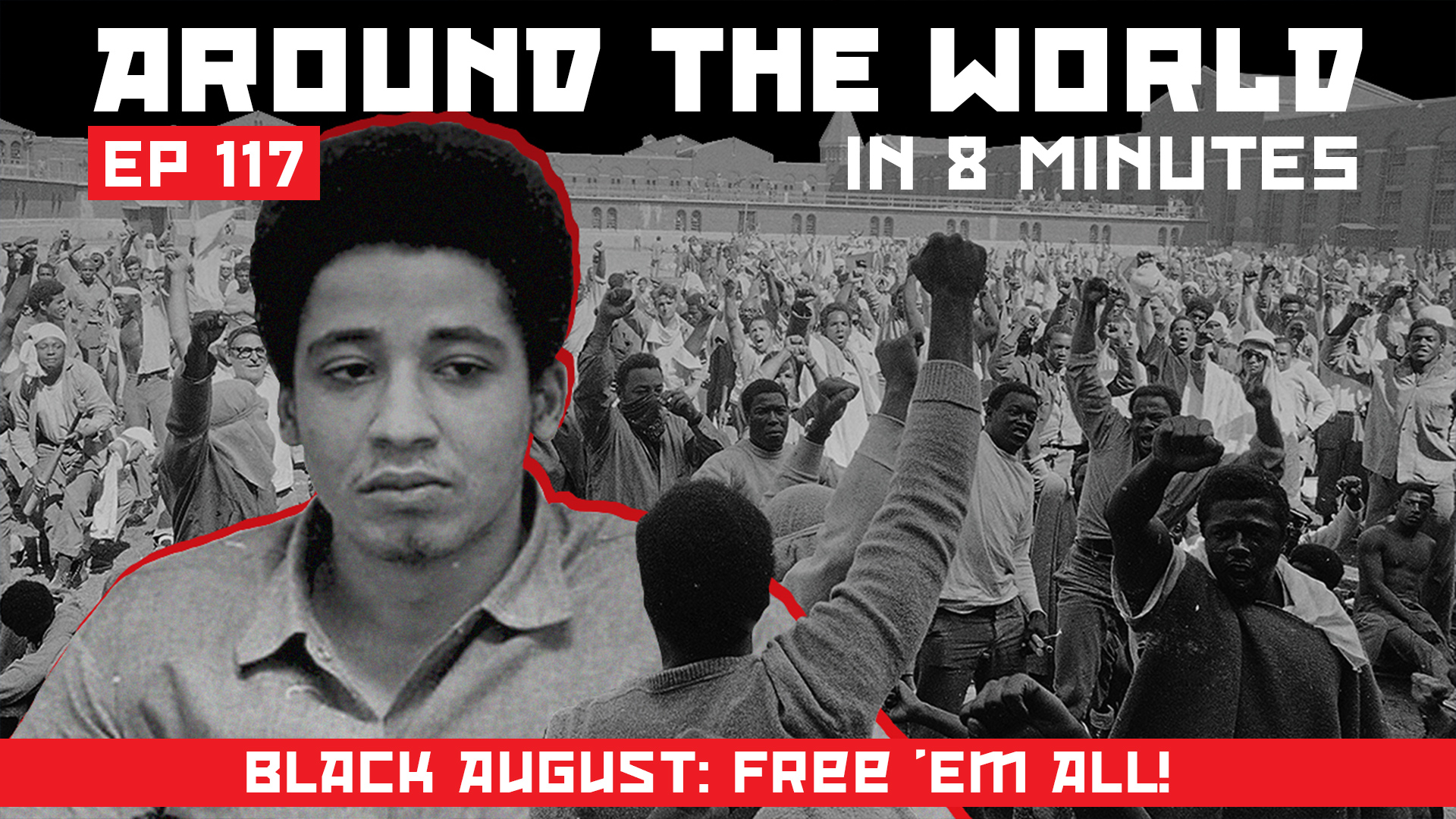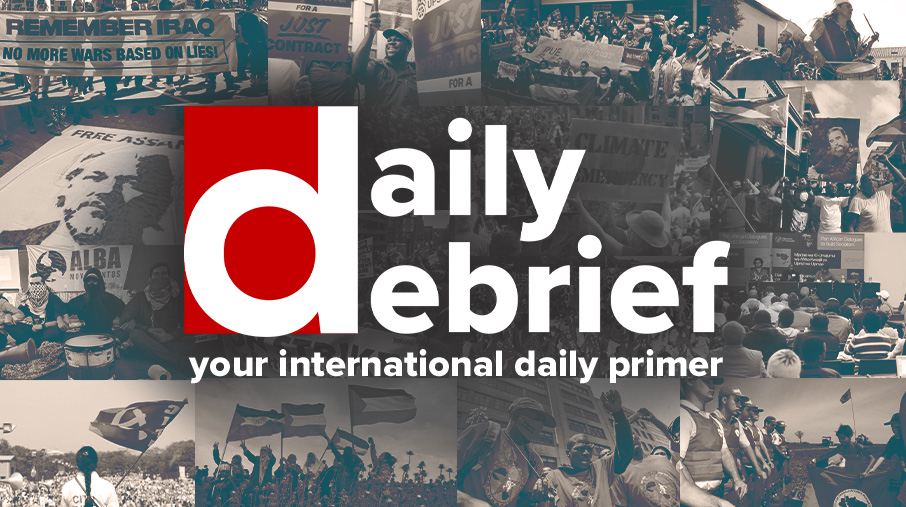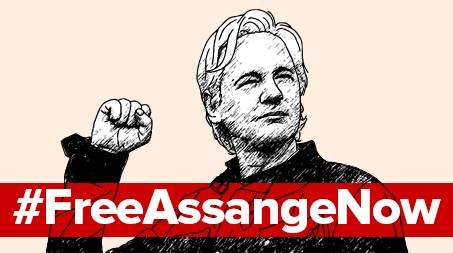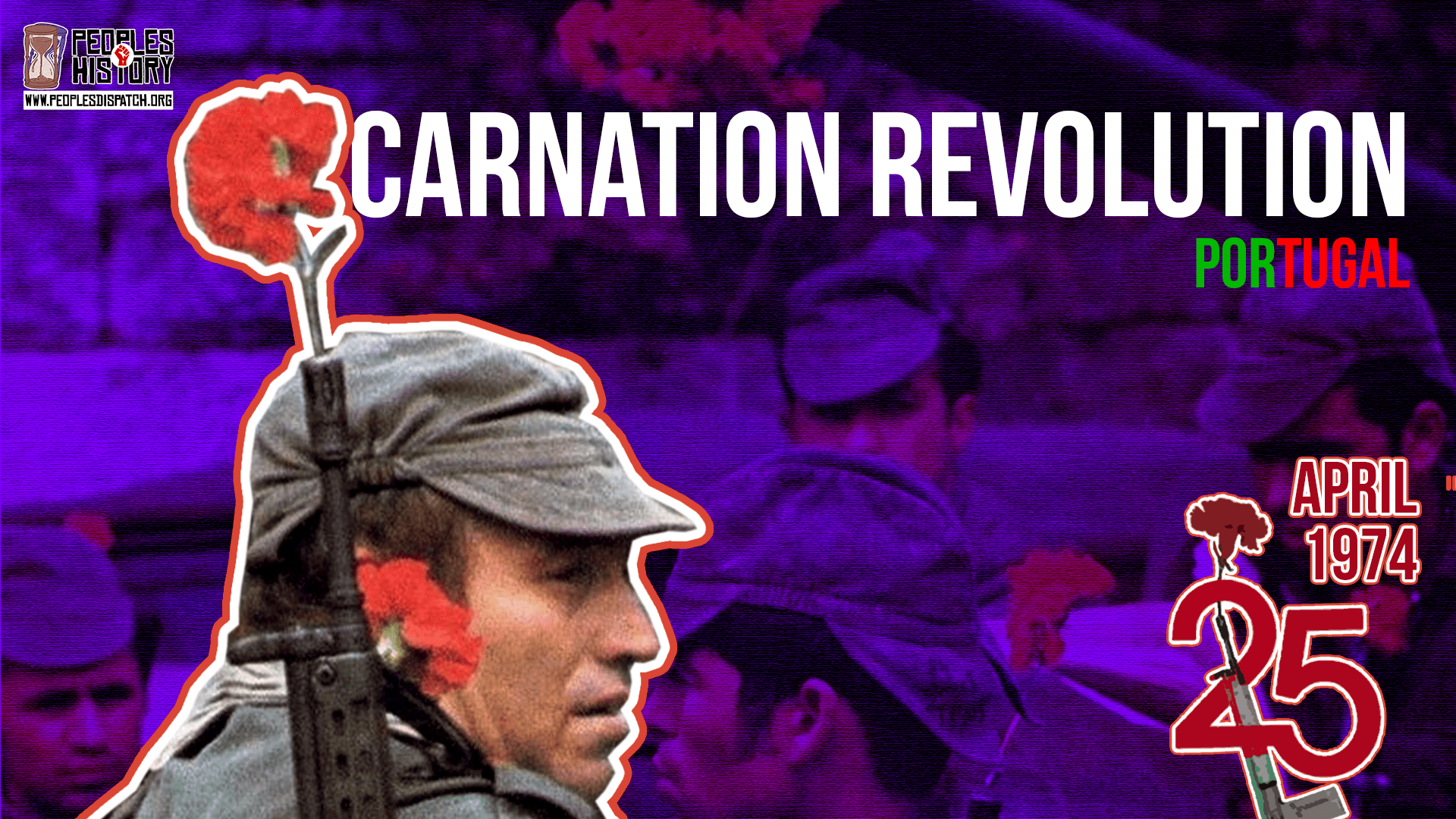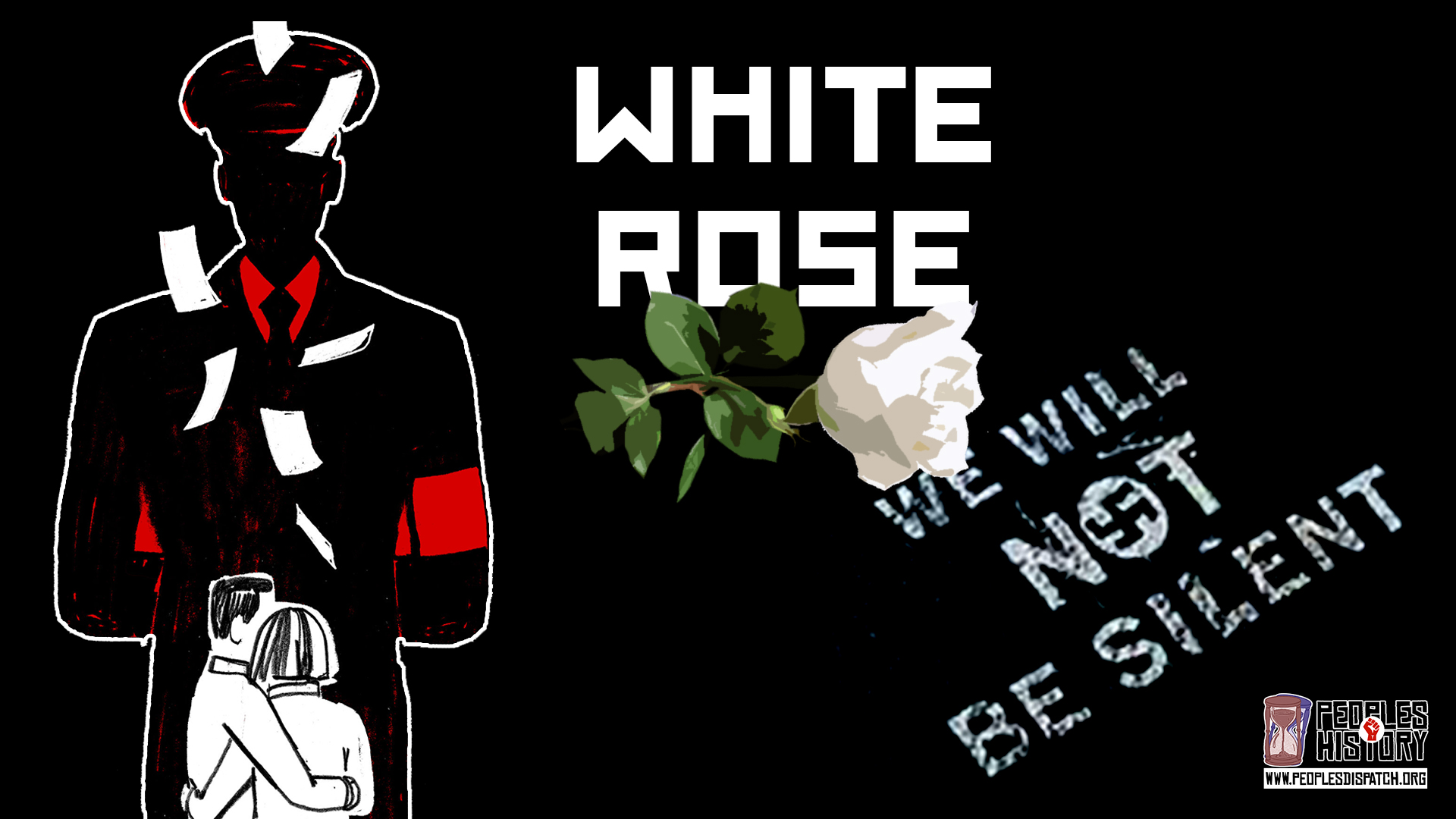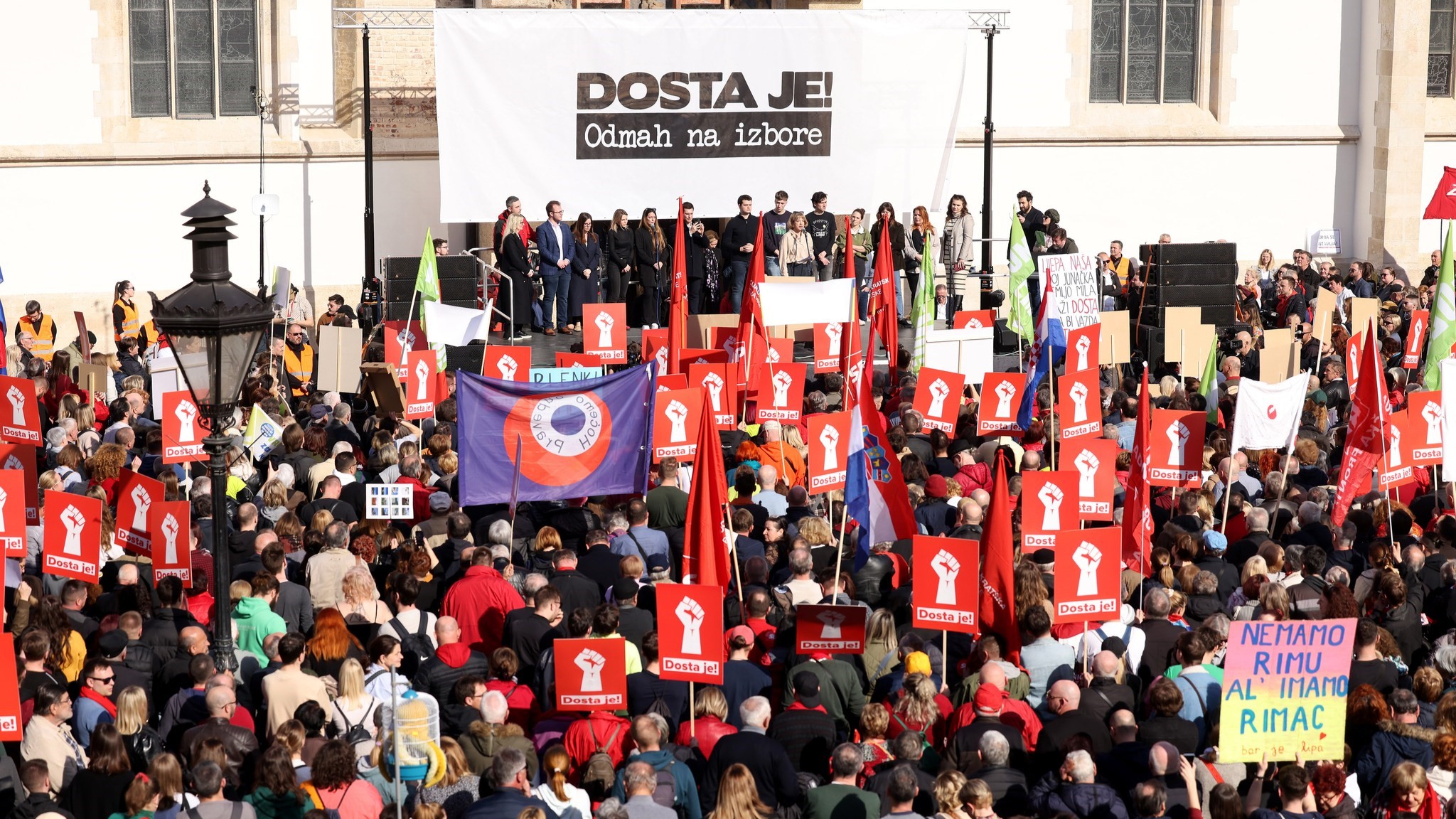 Thousands hits the streets in Zagreb in a massive anti-government protest
Thousands hits the streets in Zagreb in a massive anti-government protest
Croatians mobilized against the appointment of a state attorney who has been accused of communicating with people involved in scandals and fraud. The opposition has also demanded the dissolution of parliament and fresh elections
 Journalists in Croatia fight against government’s attempts to stifle press freedom
Journalists in Croatia fight against government’s attempts to stifle press freedom
Media workers staged protests in Zagreb and Split as government looks to criminalize unauthorized leaking of information from criminal proceedings
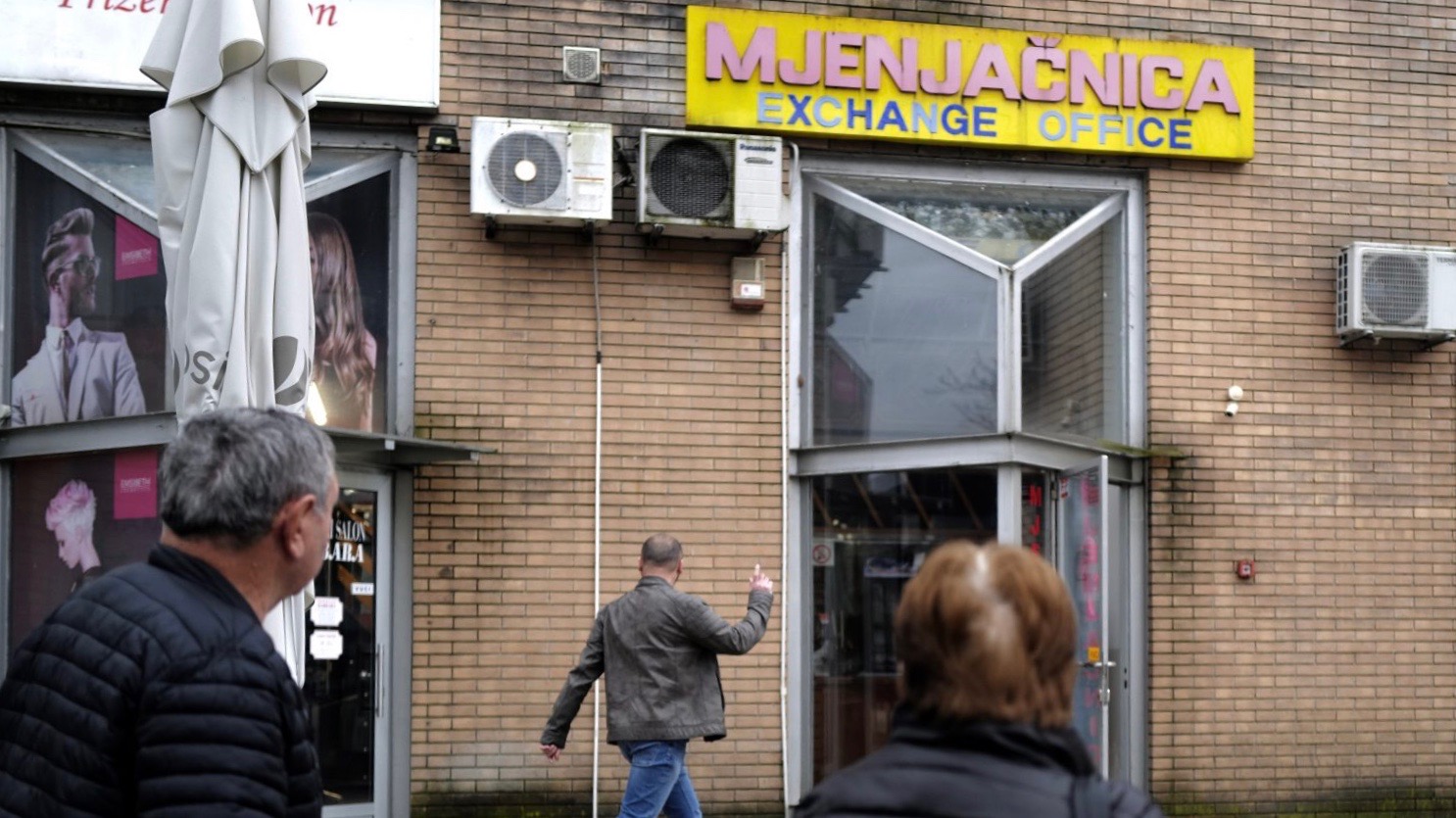 Leftists slam Croatia’s Eurozone entry amid soaring inflation
Leftists slam Croatia’s Eurozone entry amid soaring inflation
Croatians are now facing increased inflation due to conversion of the country’s currency to the euro, in addition to the ongoing cost of living crisis with rising food and energy prices across Europe
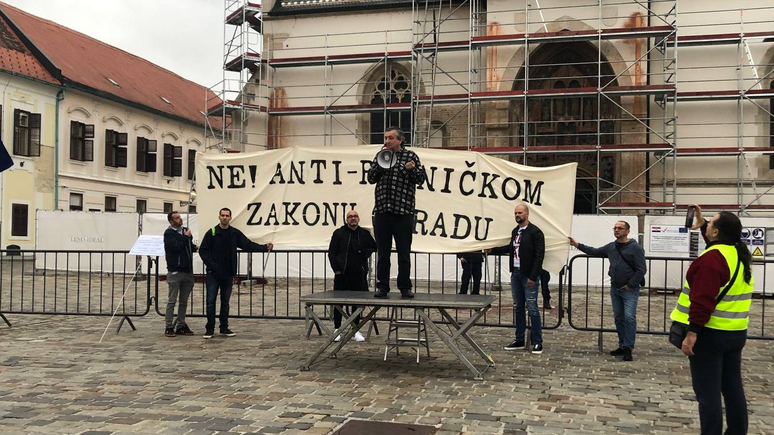 Trade unions in Croatia protest anti-worker labor act
Trade unions in Croatia protest anti-worker labor act
Trade unions, civil society organizations and left parties in Croatia oppose the government’s proposal of a new labor act that they say will undermine workers’ rights and trade unionizing
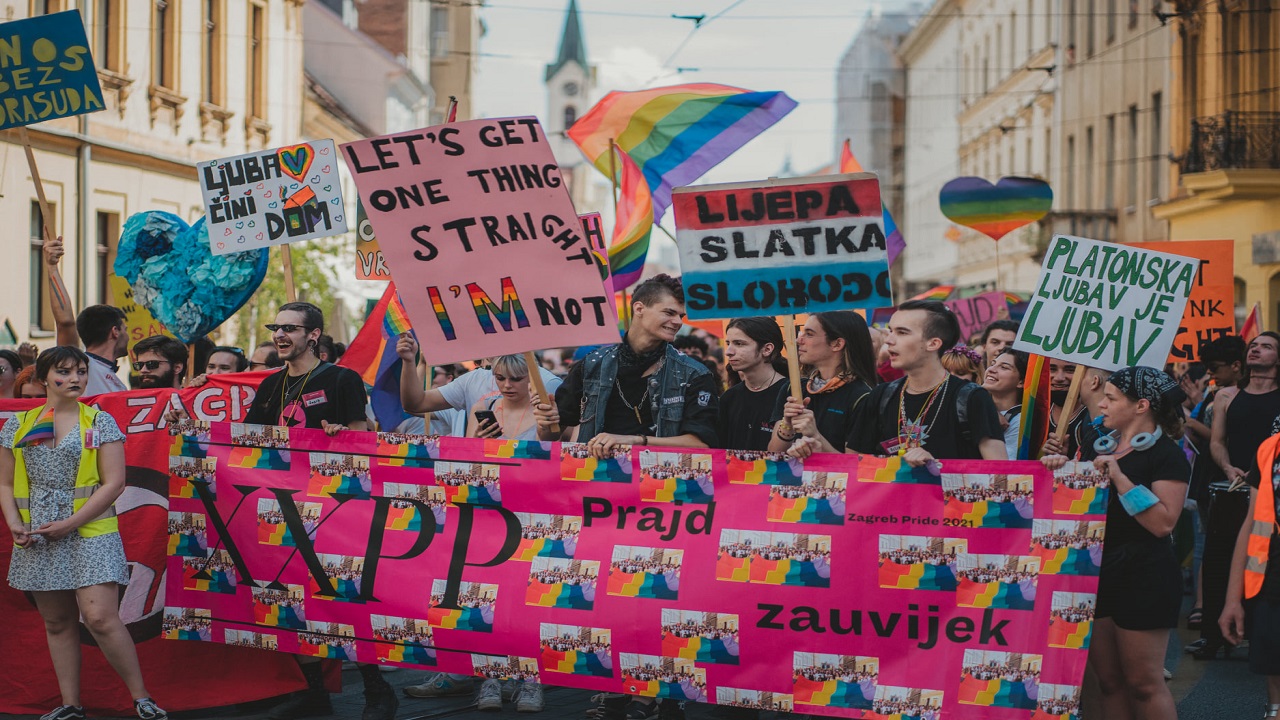 Pride parades held in Croatian cities of Split and Zagreb
Pride parades held in Croatian cities of Split and Zagreb
Braving homophobic attacks and prejudice, the LGBTQ community and rights groups in Croatia were able organize pride parades in two major cities, Zagreb and Split
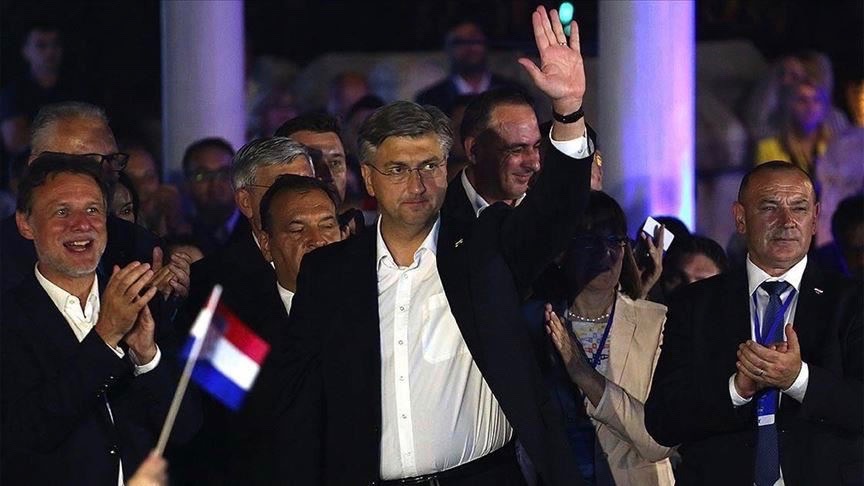 Croatia’s ruling HDZ wins parliamentary elections amid lowest ever voter turnout
Croatia’s ruling HDZ wins parliamentary elections amid lowest ever voter turnout
Prime minister Andrej Plenkovic’s current term was due to end in October. However, he chose to call for early elections riding on the popularity over his handling of the early phase of COVID-19 outbreak


